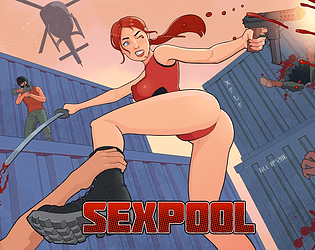A Ubisoft minority shareholder, Aj Investment, is demanding significant changes at the company, including a new management team and staff reductions, following a series of underperforming game releases and a drop in share price.

Aj Investment Calls for Ubisoft Restructuring
In an open letter, Aj Investment expressed deep dissatisfaction with Ubisoft's performance and strategic direction. The investor cited the delay of key titles like Rainbow Six Siege and The Division until March 2025, a lowered revenue outlook for Q2 2024, and overall poor performance as reasons for their concern. They believe current management lacks the ability to deliver long-term shareholder value. The letter specifically proposed replacing CEO Yves Guillemot with a new CEO to optimize costs and studio structure for improved agility and competitiveness.

Ubisoft's share price has reportedly fallen over 50% in the past year, reaching its lowest point since 2015. The company declined to comment on the letter. Aj Investment contends that Ubisoft's low valuation is due to mismanagement and that shareholders are being exploited by the Guillemot family and Tencent. They criticize the company's focus on short-term results rather than long-term strategic planning for gamer experience.

Aj Investment's Juraj Krupa further criticized the cancellation of The Division Heartland, the underwhelming reception of Skull and Bones and Prince of Persia: The Lost Crown, and the perceived rushed release of Star Wars Outlaws, despite high anticipation. Krupa also highlighted the underutilization of popular franchises like Rayman, Splinter Cell, For Honor, and Watch Dogs.

The letter also advocates for significant staff reductions, pointing to the higher revenue and profitability of competitors like EA, Take-Two Interactive, and Activision Blizzard, despite having fewer employees. Ubisoft employs over 17,000 staff compared to EA's 11,000, Take-Two's 7,500, and Activision Blizzard's 9,500. Krupa suggests selling underperforming studios to improve operational efficiency. While acknowledging previous layoffs, he argues that further cost-cutting measures are necessary to remain competitive.











![Hitomi's Sick Pleasure v0.36 [18+]](https://images.51ycg.com/uploads/84/17313196976731d79192ed0.png)



